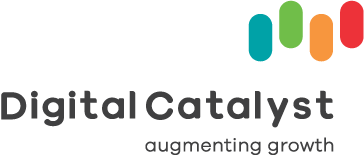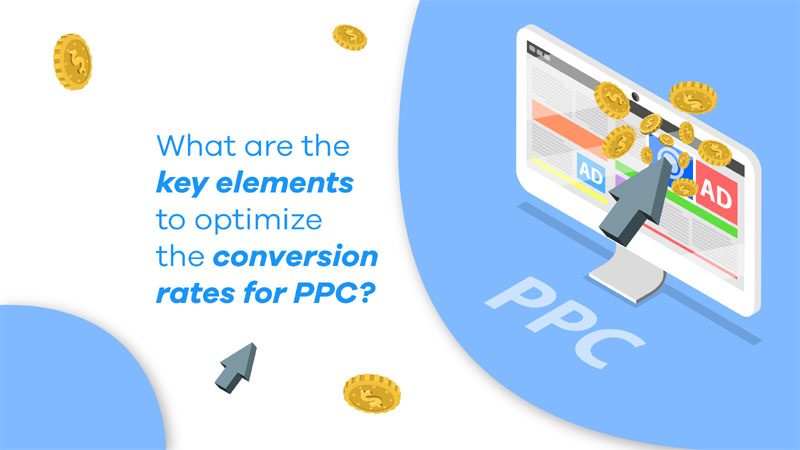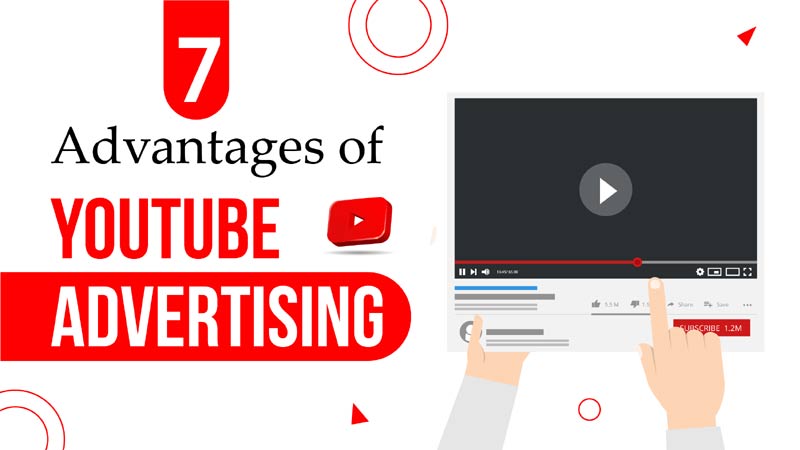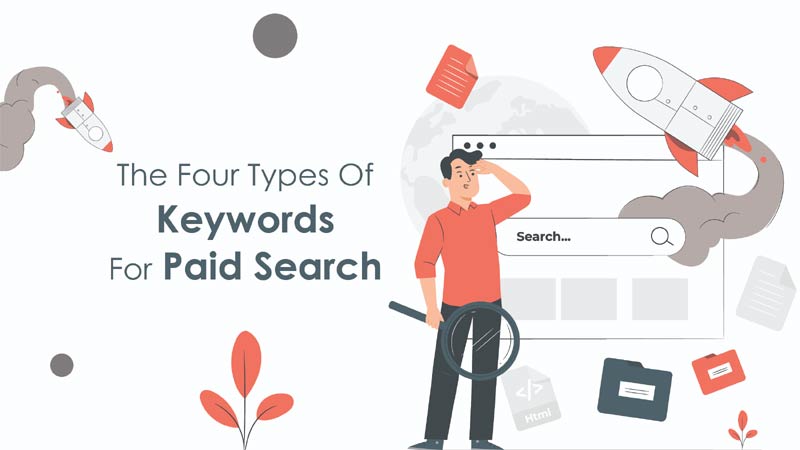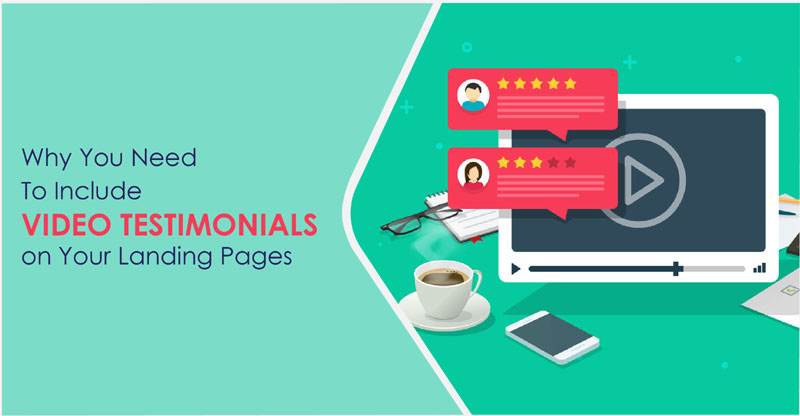With the myriad of ways to advertise your business online, paid search marketing (PPC) is one of the most cost-effective tools available to you.
Marketers often pay conversion rates that are not realistic and think of PPC ads as a doorway to a store without trying to collect them. Making a successful PPC campaign is useless unless you ensure that users can find your site more easily.
What is PPC?
Pay-per-click marketing, or PPC advertising, is a type of online marketing in which advertisers pay to display their ads in a search engine’s sponsored links. This is usually done through an ad auction.
PPC advertising commonly employs the use of pay-per-click (PPC) advertisements. Advertisers bid on keywords relevant to their target market, which are used to deliver related advertisements to web users searching for specific products or services.
PPC advertising is used by companies of various sizes and industries. The advantage of PPC is its effective targeting, quick implementation, and measurable results; it allows marketers to reach people who are actively looking for specific products and services at the right time.
Pay per Click advertising is a colorful area of the advertising industry. This type of advertising has many advantages, including quick implementation and measurable results.
Advertisers can set up campaigns that target users based on their geographic location, language preference, device type, and even individual web pages they visit.
Conversion rate is a buzzword in the search engine optimizer. It is one of the essential elements of PPC marketing and directly impacts both ROI and total revenue.
However, few people know how to get the best out of PPC campaigns and gain conversions at a low cost.
Finding the balance between high conversion rates and relatively low cost per conversion can be difficult, especially for factors outside the PPC campaign. Nevertheless, you can optimize the conversion rates by certain vital elements.
Key elements to optimize the conversion rates for PPC campaign
1. Keyword selection
Keywords are the words or phrases people type into the search engine to find what they are looking for. The more specific the keyword, the better it will perform in search results. However, there is also a balance between specificity and volume of searches that needs to be considered when deciding on keywords in your account. If a keyword has too little volume or competition, it’s best to avoid it altogether.
2. Landing page experience
A good landing page experience includes an introductory offer or discount with clear information about what visitors can expect if they sign up or make an order on your site. A well-designed landing page provides visitors with all of the information they need before asking them to complete any form fields or submit personal information (such as email address).
3. Targeting
The targeting options on Google AdWords are pretty extensive and include geographic location, demographics, device type, etc. It would be best if you were very specific about the audience you want to target and the keywords they will use when searching for solutions your business offers. This will help you get more clicks and leads from relevant people who are likely interested in your product or service.
4. Ad copy
The ad copy should also be specific and targeted toward the right audience to appeal to them and make them want to click on it and visit your website. You can use different variations of titles and descriptions for each ad group to see which one works best for each keyword. This means that if someone searches for “web design agency” but clicks on an ad with “website design agency” in its title, we know our chosen keyword.
5. Bid Management
Bid management is a significant part of PPC optimization because it allows you to control how much your ads are charged per click to keep costs down while maintaining or increasing traffic volume if needed (e.g., during a critical time of year).
6. Analyze and optimize the purchase funnel
An average purchase funnel includes awareness, interest, decision, and action. PPC campaigns have several other ways to pass through the purchase funnel. To ensure customers purchase the products, the final destination is the same.
The pages visitors visit before purchasing may be similar. They could be a link that directs them to your website. This is the purchase funnel, and you should optimize it to ensure that other customers can follow the same path. Conversion funnels typically begin with brand awareness and end with a purchase, but several processes are involved. Optimizing these steps, especially those that many of your customers pass through, is essential.
7. Focus on relevancy
Search results are based on what users search for, so if you can show them an ad that matches their query, they’re more likely to click on it.
8. Set up conversion tracking
This will allow you to see if your ads generate sales and how much revenue each ad contributes to your business.
9. Special and enticing offers
Promoting enticing deals such as discounts and freebies can also increase conversion rates in your PPC campaign. The offer can be made available to only those leads who make a purchase or follow through with the link.
When introducing special offers, be sure the customer gets value for their money. This way, even after the offer ends, they will continue shopping with us.
A PPC campaign should also have a special offer. But don’t use the offer as bait for internet users; then, they don’t get the offer when they click the ad.
When it comes to PPC advertising, you must be diligent and keep trying new tactics until you find something that works for your business.
It is important to note that the above methods may not necessarily convert better than each other, as many factors are involved in determining a campaign’s conversion rate.
The main idea here is that you must constantly try new methods to get ahead of the competition. Keeping up with Google’s algorithm will help your PPC campaign generate more conversions consistently, decreasing your average cost per click.
Conclusion
Summarizing all the points discussed above in easy to read format.
| Key Elements | Supporting Words |
|---|---|
| Ad Copy | Compelling, Relevant Content |
| Landing Page | Clear CTA, User-friendly |
| Keywords | Relevant, Long-tail, Exact |
| Ad Extensions | Site Links, Callouts |
| Device Optimization | Mobile-responsive Design |
| Ad Position | Above Fold Visibility |
| Retargeting | Re-engage Past Visitors |
| Audience Targeting | Demographics, Interests |
| Quality Score | Relevance, Landing Page |
| Testing | A/B Test Ads, Landing Pages |
No one solution fits all; We at Digital Catalyst develop a strategy for your business and implement it to see results. The experts at Digital Catalyst will work on improving your conversion rate in due time.
Our digital marketing agency would like to improve your ad campaign. If you are interested in achieving great results, Improve your PPC campaign with us. For more details visit our website.
